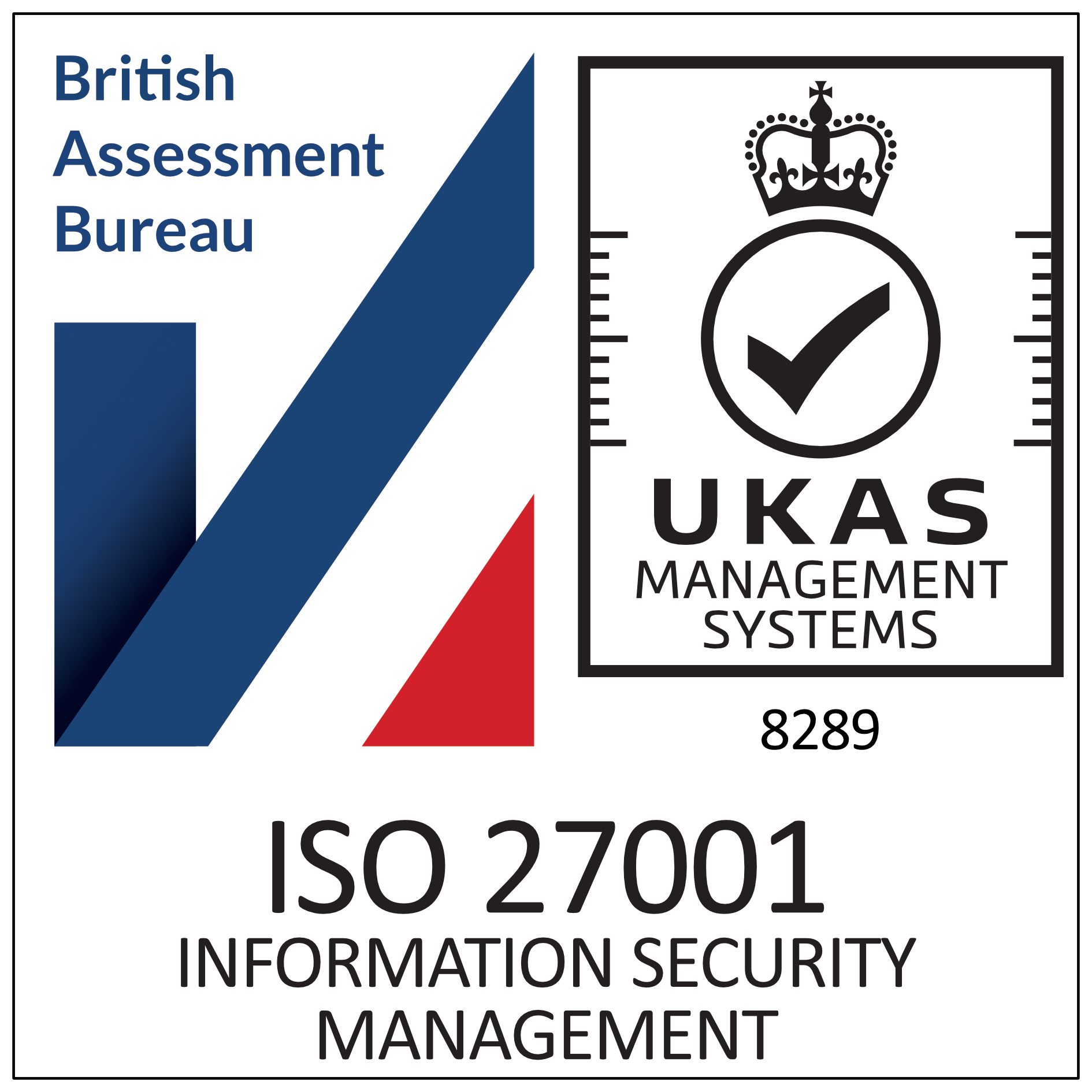NHS Workforce
Planning
Reimagined


NHS Workforce Planning Reimagined
Who we are.
Empowering the NHS to improve lives.
Whether it’s strategic guidance, forensic analytics, powerful systems, or targeted training, SARD have the expertise and tools to help the NHS achieve its workforce planning goals.
What We Offer.
Longterm
Workforce Planning.
What We offer
Long Term Workforce Planning
SARD Consult
An expert-led, data-driven, results-focused NHS workforce management solution tailored to your needs.
SARD Systems
Fast, easy to use and implement, with comprehensive reporting tailored to your NHS workforce management needs.

SARD Academy
Building workforce expertise with tailored training programs.
Our Results
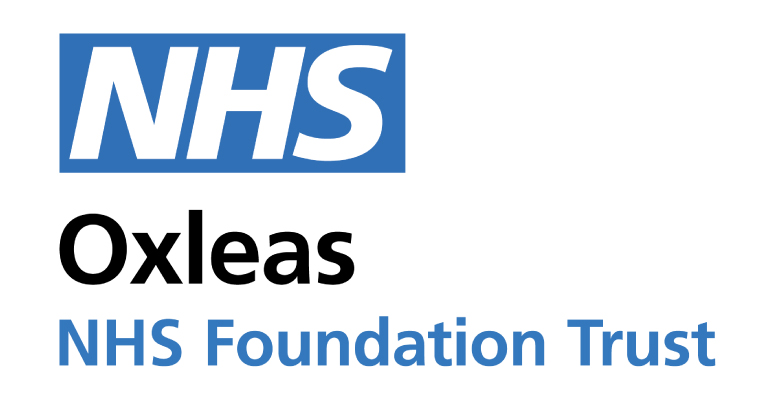
The CAMHS department needed to allocate additional resources to meet the demand for clinical administration and review Core SPA allocations to ensure fairness. By aligning these resources with demand through careful planning, the department was able to significantly enhance service delivery and improve overall operational efficiency.
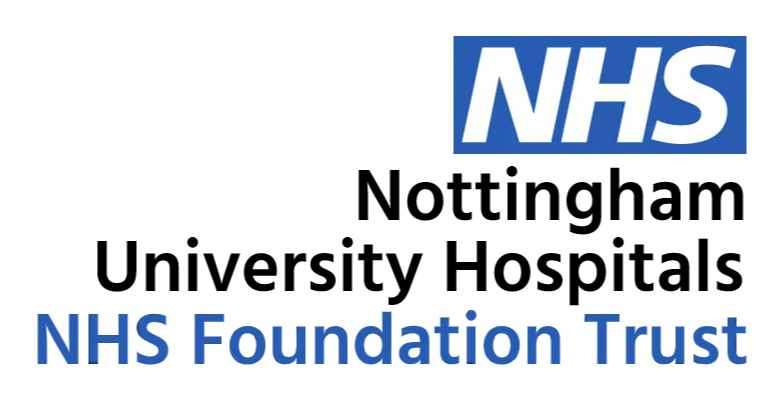
“Our experience of working with the team at SARD has been very positive. The pop-up chat team are very quick to respond to queries and minor issues which inevitably arise. The team embrace suggestions for further improvement and in cases where it is feasible, changes are introduced quickly. This responsive and personal service is SARD’s key strength – they are a pleasure to work with.”
Helen Wilkinson, Nottingham University Hospitals
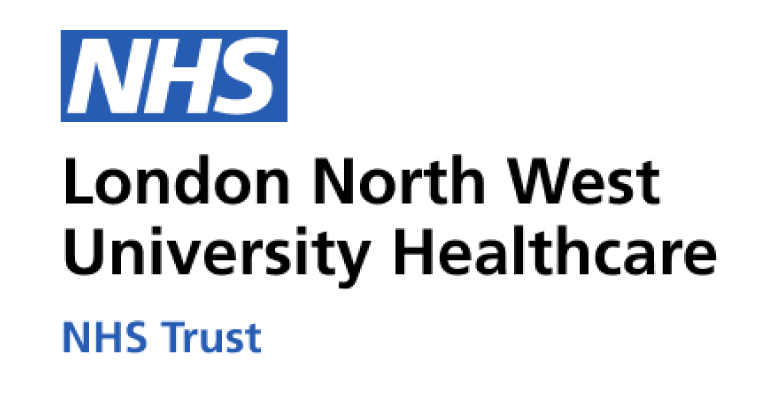
“I think it’s excellent… I don’t think it’s just great. I think it’s excellent because they exceed their customers’ expectations. And I do think that, although their technology is great and always forward-thinking and it’s wonderful and you know that it’s there, the simple selling point for me was always SARD’s great customer service – because so many systems are great… but where a lot of systems fall down, especially for the NHS, is that IT will put in a system, which is not their system and there is usually no dedicated separate specialist support for that system.”
Denise Joseph, London North West University Healthcare





